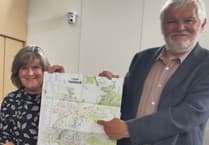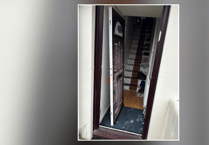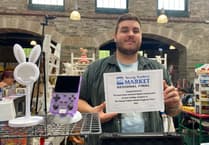STAFF at doctors' surgeries in East Cornwall have welcomed the Government's decision not to scrap on-site dispensaries after fears that more rural services were to disappear.
Proposals in the Government's white paper 'Pharmacy in England' included closing GP dispensaries in market towns where there was a pharmacy within a mile of the surgery — but this met with overwhelming opposition locally.
The Callington and Gunnislake Group Practice was among the practices that would have been affected by the change. It is the largest dispensing practice in Cornwall with an average of 7,900 drugs prescribed every month to 3,600 people.
Strategic manager for the practice, Kathie Applebee, said: 'This is the best Christmas present possible and I think it is wonderful that the Government has actually listened.
'There was an awful lot of feedback to the Department of Health about this issue, the patients felt very strongly about it.
'I think there was a lack of understanding about how much dispensing facilities mean to people in rural areas, so it is great that the wishes of our rural communities have been listened to and their needs are being met.'
MP for South East Cornwall, Colin Breed, who recently chaired a public meeting in Pensilva on the subject, said he also welcomed the Government's plan not to change the current GP dispensing system.
'This really is the right decision, given the overwhelming support for the current system.
'No-one should have to think twice about getting their medication because of distance and time .
'This will put a lot of minds at rest both sides of the counter.'
Liberal Democrat prospective parliamentary candidate Karen Gillard said: 'The Government has finally listened to the local people on this one.
'It has woken up to the fact that it cannot continue to rip the heart out of local, rural services. This is the correct decision.'
In a recent article in the Times, former practice manager at Callington and Gunnislake, Peter Edwards, said the hours had been extended at the surgeries to give greater flexibility to people who worked and the dispensary also stayed open so people could have their prescriptions made up.
'The dispensary was especially important for people with mobility problems, the elderly and parents with young children,' he said.



